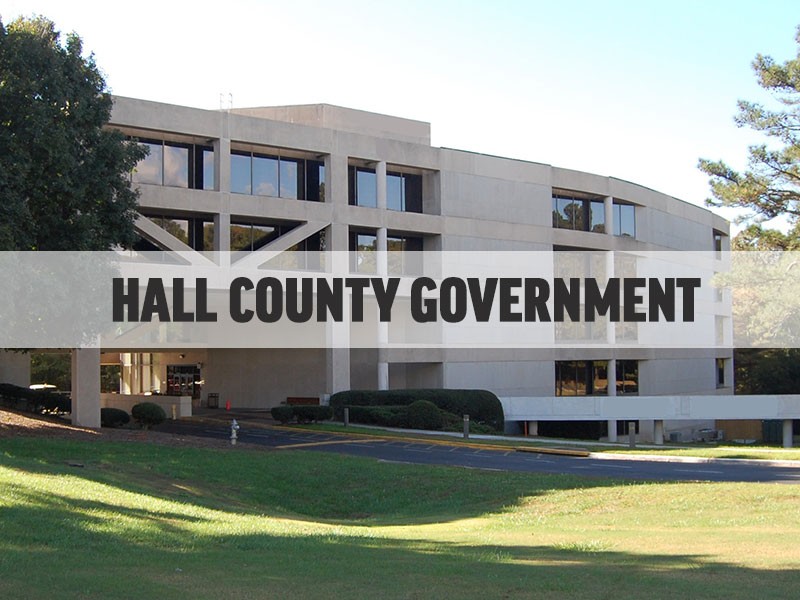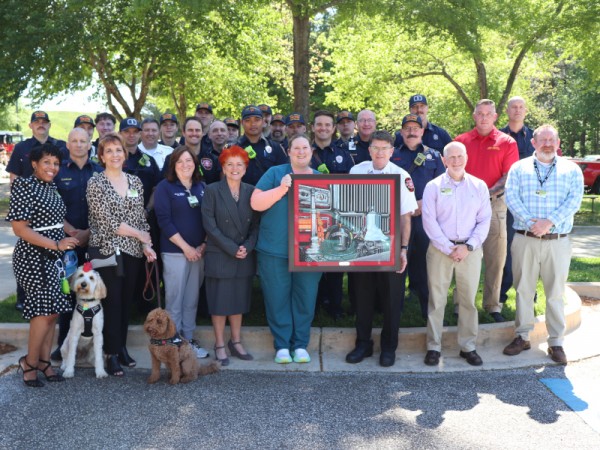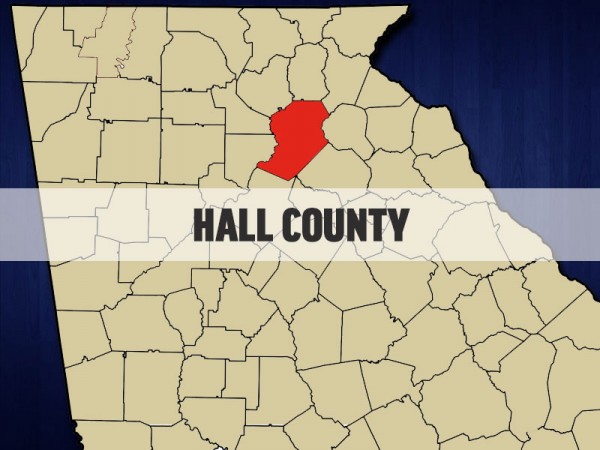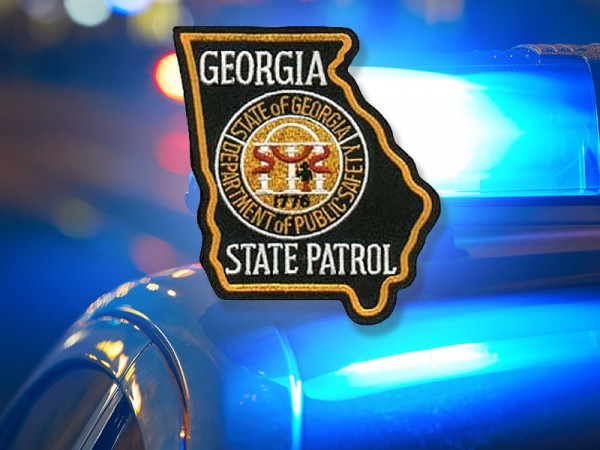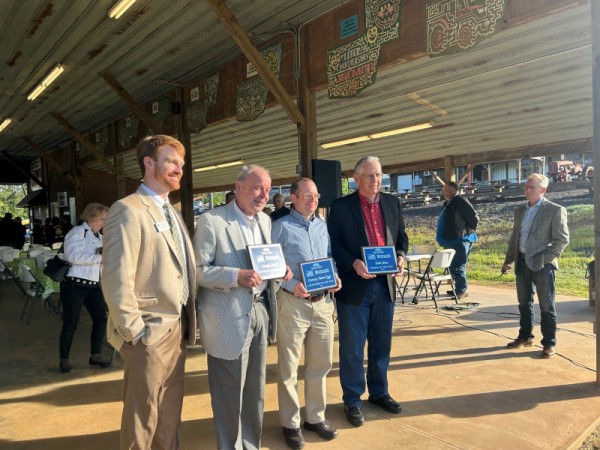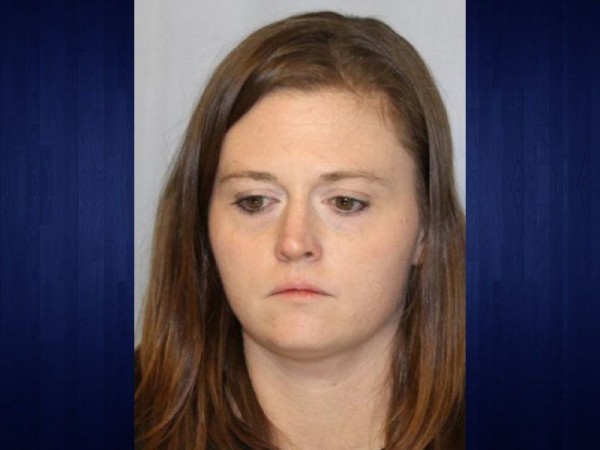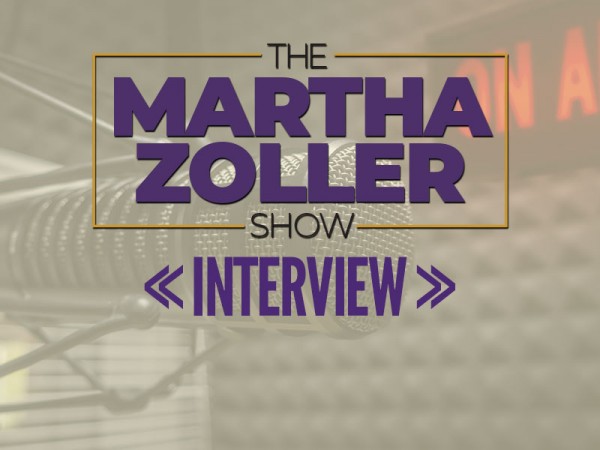The Hall County Clerk of Court's Office has scheduled two notary public training workshops for the public next month.
While the sessions on March 10 are free, participants will need to register, according to Clerk of Court Charles Baker. He said a range of information will be covered in the hour-and-a-half sessions. (See questions listed below.)
"We look forward to offering this valuable service to our community," said Baker. "I sincerely encourage anyone who is interested to attend."
The workshops will be held in conjunction with the Georgia Superior Court Clerks' Cooperative Authority at the Hall County Government Center, located at 2875 Browns Bridge Road, Gainesville, Georgia 30504. There will be two sessions available, 10:30 a.m. to noon and 2 p.m. to 3:30 p.m. Both sessions will be held on March 10.
To register for the workshops, call 770-531-7025 or send an email to [email protected].
Check out these TRUE/FALSE questions to see what types of information will be included in the the training:
1) A notary public is licensed by the Secretary of State.
FALSE. A Georgia notary public is not licensed. They are appointed and commissioned by the Clerk of Superior Court in the county where the notary resides.
2) A notary is permitted to notarize a signer's signature if the notary verifies the signature by telephone with the signer.
FALSE. A notary may never notarize a document when the signer is not physically present before the notary. There are no exceptions.
3) A notary may not certify a photocopy of a birth certificate or a deed.
TRUE. Georgia law prohibits a notary from making a certified copy of any public record or publicly recordable document. Birth certificates and deeds are just two examples of documents in these categories.
4) If the document signer is blind, the notary should read the document to the signer prior to notarization.
TRUE. The notary, as an impartial officer, should read the entire document to the signer who is blind before notarization. This recommendation is designed to protect the person with a sight disability by ensuring that the signer knows exactly what he/she is signing. However, the non-attorney notary may not explain the contents or effects of the document to the signer.
5) A notary public may be held personally liable for any financial loss caused by the notary's failure to properly perform his/her official duties.
TRUE. A notary has unlimited personal liability for any loss caused by official misconduct. The notary could be sued, which may result in a court judgment against the notary for the amount of the loss.


